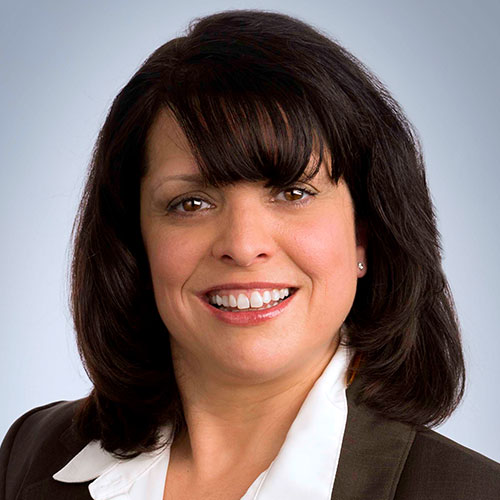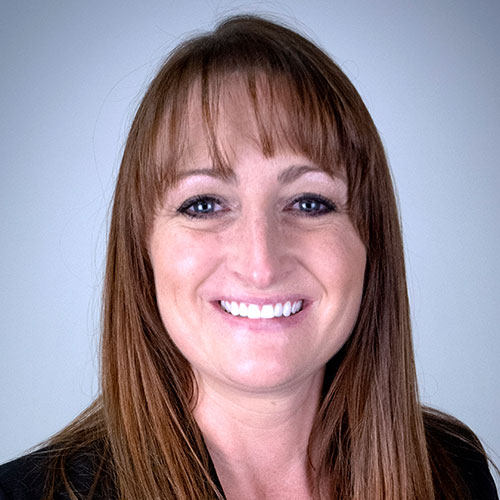Part I of IV: Women and Financial Planning
Financial planning can reduce anxiety, but many women hesitate to seek it—despite the fact that women are more likely than men to lose sleep over their personal finances. In this discussion, Johnson Financial Group advisors Kelly Mould and Melissa Olson share from their own financial journeys and encourage women to take steps toward confidence about their financial situations.


Kelly: For many women, the pandemic has presented a perfect storm for stress. Financial planning can directly reduce anxiety. From a simple household budget to a complex long-term financial plan, planning makes people feel more confident, secure and in control of their money.
We regularly hear from clients, especially women, that the planning process makes them feel better about daily life now, not just the future. Unfortunately, however, many women hesitate to seek professional assistance.
Melissa: That isn’t all that surprising, considering the way women have been socially conditioned to view money. From a young age, many of us are taught that talking about money is impolite. Many women avoid talking about it altogether because they find it too personal and downright uncomfortable. That’s true for people close to them and also true for financial professionals. Less than half of women feel comfortable opening up to financial advisors.
Shame plays a very big role in all of this. Many female clients we’ve worked with over the years have come to the table with a sense of embarrassment over past financial mistakes. This only holds them back from making forward progress in the now. We like to remind them that we’re all human, and we all have financial skeletons in our closet.
Kelly: And we should know! We’ve each been through some challenging periods ourselves — and were able to come out the other side wiser and less anxious.
When I made a career change and followed my passion to pursue a legal career, I dipped into my 401(k) to pay for law school. Even though I was an accomplished executive at the time, I didn’t know that tapping a tax-advantaged retirement account early would trigger steep IRS penalties. That’s something I learned the hard way. It was an expensive mistake but connecting with the right team of financial professionals helped put me back on solid ground and ease stress and anxiety.
My story isn’t uncommon. The same goes for what was required to find my financial footing: letting go of shame, coming to terms with where I was, and making an action plan for moving forward. It’s a journey that can feel intimidating to many women, but Johnson Financial Group is a no-judgment zone. We care more about helping clients create financial plans that are in alignment with their values and long-term goals.
Melissa: I know firsthand what it feels like to finally achieve financial confidence after overcoming past mistakes. When divorce rocked my finances and forced me to confront my spending habits, I had to take an honest look at my lifestyle. This involved reconfiguring my budget as I downsized to a single-income household. Financially recovering from a divorce can be a long road, but I learned that it’s more than possible to come out stronger than before.
Like Kelly, I learned that getting past shame was critical. Progress begins with forgiving yourself for mistakes that are in the past, then changing your mindset and having an honest conversation with a financial professional about your goals. Instead of judging you, the right advisor will meet you where you are so that you can move forward together. For us, it’s all about creating a relationship that’s built to last over the long haul.
Kelly: A good way to gauge the usefulness of a relationship with a financial advisor is to ask whether this person is someone you’d trust to poke holes in your ideas. You’re probably only going to let that happen if you feel like your advisor is creating a safe space for exploration.
Another thing to remember is your advisor is only as good as the information you’re willing to share. It’s kind of like going to the doctor — the only way to get an accurate diagnosis is to share all your symptoms. Then, you can create a roadmap for progress that’s built to withstand negative surprises (which are inevitable) and, most importantly, to support whatever you personally most want in life.
For more information on how to go about planning throughout each of the major stages of your working and retirement life, learn more at johnsonfinancialgroup.com.











